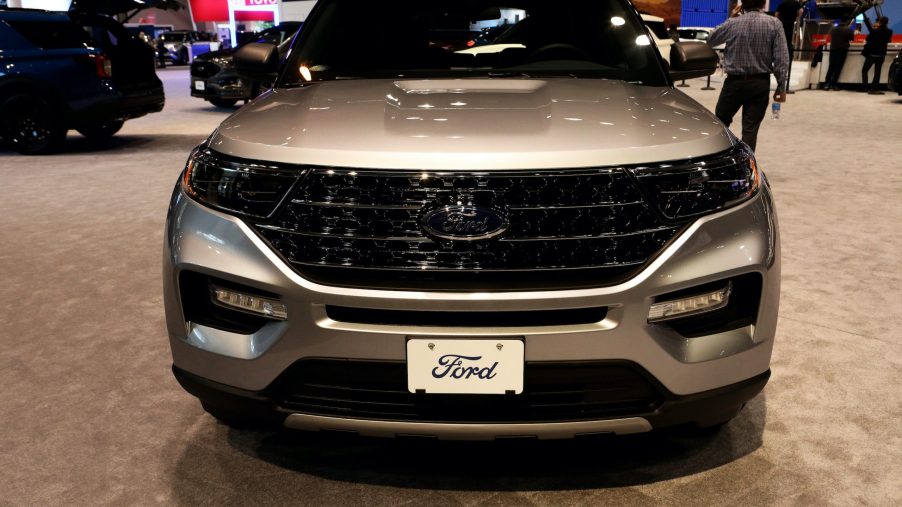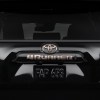
The Ford Explorer Carbon Monoxide Lawsuit Finally Has a Settlement
After complaining of ongoing issues with carbon monoxide odor, Ford Explorer drivers have reached a settlement agreement with Ford. The lawsuit impacts 2016-2017 Explorer models but does not include police vehicles, according to CarComplaints.com. If you may have been affected by this problem, here’s what you need to know.
The initial problem with the Ford Explorer
Ford Explorers are popular vehicles, but several years ago some drivers began to notice an odor within the cabins. After investigation, these drivers alleged that the odor was caused by exhaust and carbon monoxide finding its way into the vehicles, a complaint that is not new to Ford.
This ultimately resulted in complaints from hundreds of drivers who noticed the smell of exhaust within their Explorers. In 2017, three Explorer drivers filed a lawsuit against Ford.
Details of the Ford Explorer lawsuit
The exhaust odor lawsuit has two main allegations: that 2016-2017 Ford Explorers have defects allowing carbon monoxide and exhaust into the cabins, and that Ford was aware of these defects and chose to conceal them.
The drivers allege that there are several areas of the impacted Explorers which are defective. These areas include the bumpers and tailpipes, the sheet metal panels and overlaps, the rear air extractors, and the auxiliary air conditioning systems.
Ford has denied these allegations, stating that it has no knowledge of any defects. However, while the automaker denies liability, it chose to settle rather than go through the inconvenience and expense of a long trial.
What does Ford’s settlement entail?
There are several customer service programs that Ford made available before agreeing to the settlement. Ford Explorer drivers will receive information about potential repairs and inspections available under these programs.
The two programs you may encounter are field service action 17N03 and field service action 19N05. The former was made available in 2017, but expired in 2018. However, customers who drive the 2016-2017 Explorer will still have access to repairs under 17N05.
Field service action 19N05 is still in effect, and will be until July 31, 2022. It has no mileage limits, according to CarComplaints.com.
The settlement also requires that the automaker informs impacted customers about TSB 17-0044, a technical service bulletin that may help prevent exhaust and carbon monoxide odors from entering the cabin. This service provides sealing of gaps within the cabin. It also offers installations of modified exhaust systems in vehicles with naturally aspirated 3.5-liter TiVCT engines.
Lawyers representing Ford customers have also requested $3.5 million. However, the settlement has not yet received approval from the judge, meaning that the results are still unofficial.
How to know if you’re eligible for reimbursements
As part of the settlement, Ford is required to provide partial reimbursements to drivers who needed exhaust odor repairs after their warranty had expired. Car Complaints also notes that there are several other factors that may make you eligible for partial reimbursements.
If you drive a 2016-2017 Ford Explorer and you require repairs within four years or 48,000 miles after purchasing your new vehicle, you may receive reimbursement. You may also be eligible for partial reimbursement if you need repairs done up to 120 days after the class action notice.
Ford may cover up to $125 of the costs for inspection and gap-sealing if you required these repairs after your warranty was expired. It may also cover up to $400 of the costs of installing a modified exhaust system in eligible vehicles.
Although the settlement will not be official until it is approved by a judge, Ford Explorer drivers now have the majority of the information they need in order to understand if and how they have been impacted. Drivers of the affected model years should expect to receive further information about available inspections and repair options.


